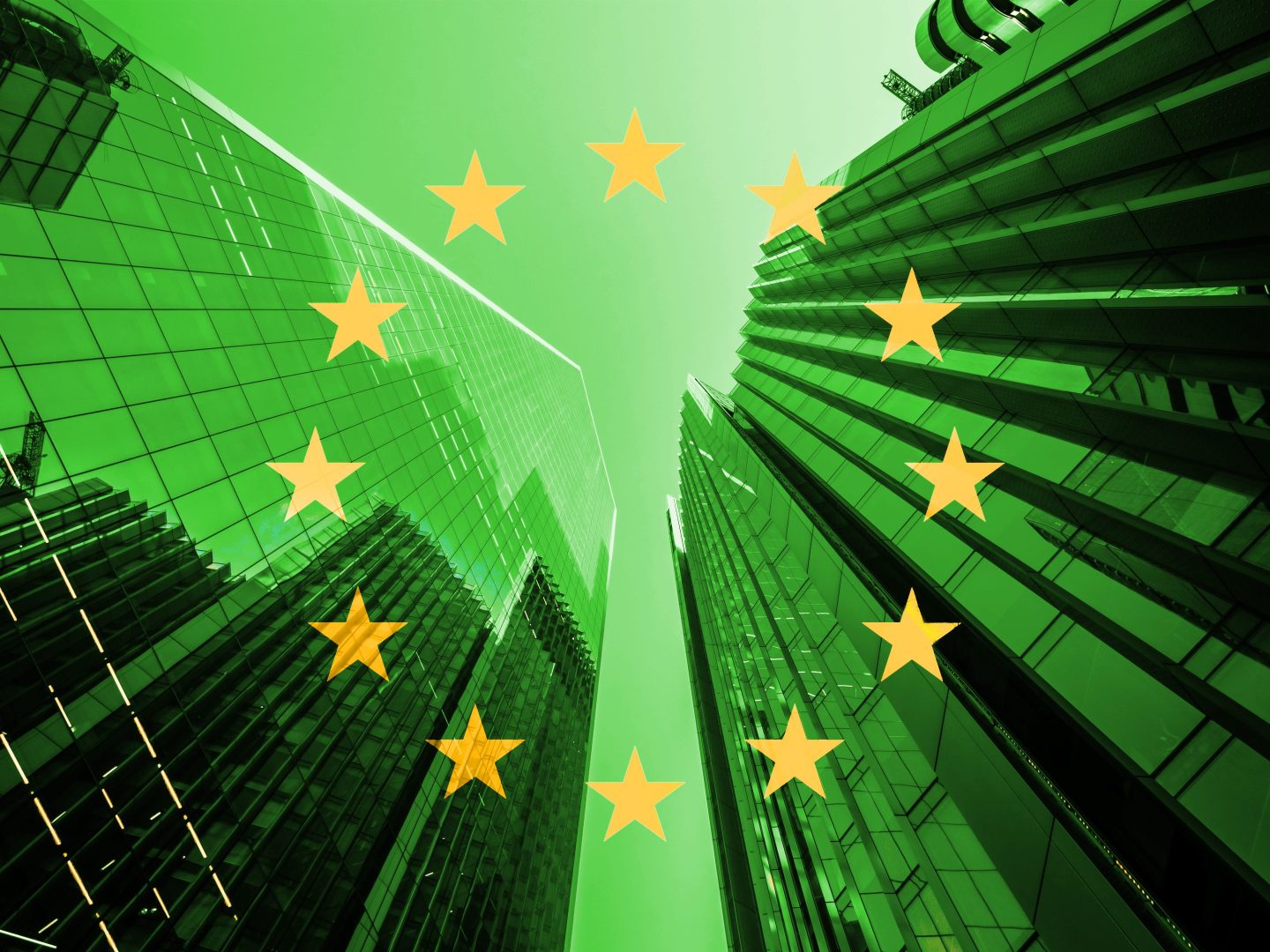Good morning. Peter Vanham here, on assignment in Brussels, filling in for Alan.
On the ESG front, the U.S. and Europe remain oceans apart. In the U.S., the polarization of ESG is making the acronym a no-no even for its fans, while the EU’s regulatory tsunami on ESG will give U.S. multinationals no choice but to embrace and track ESG principles, regardless of what executives call them. That is the take-away from two ESG conferences I attended this week—one on each side of the Atlantic.
In the U.S., ESG detractors have basically won. As Alan reported earlier, a full half of Fortune 500 CEOs now believe ESG issues are “unduly impacting business decisions.” And that sentiment is trickling down to the chief sustainability officers in charge of ESG. Participants in a Fortune Impact Initiative call on Tuesday, which took place under Chatham House rule, admitted as much. “We don’t talk about ‘ESG’ anymore,” and “the term [ESG] does get in our way” were common refrains.
As an alternative, executives are now talking about the “specific actions” they are taking on ESG’s constituent parts, while avoiding the polarized term itself and dodging so-called “trip wires” like climate and sexuality.
That pragmatic approach doesn’t suit everybody. “No matter what you call it, you’re going to alienate someone,” one participant objected. “There are many people that [criticize ESG] simply because they don’t want to be held accountable,” said another. But amid “extraordinary polarization,” it’s clear that corporate America has “moved on” from adopting the ESG moniker.
That conclusion contrasts starkly with what’s happening in Europe. Business leaders there have also “moved on,” but in the opposite direction, working to integrate ESG more formally into business practices. This month, the EU is expected to unveil its final set of “European Sustainability Reporting Standards” (ESRS), pushing the ESG debate from the political and societal arenas to the legal and accounting desks of multinationals—and onto the radar of CFOs.
“My colleagues in the U.S. used to think [the EU ESG rules] won’t apply to us,” a Europe-based U.S. manufacturing executive said during a Page Society ESG panel I attended in Brussels this week. But “au contraire, they do apply to us.” The EU’s rules, which become active in 2024 for multinationals, are “a really good argument” for getting his U.S.-based colleagues on board with ESG standards, the executive told me afterwards. “It’s freaking them out.”
More news below.
Peter Vanham
peter.vanham@fortune.com
@petervanham
TOP NEWS
Export slump
China’s exports slumped 7.5% year-on-year in May, the country’s customs bureau reported yesterday. The decline was significantly larger than expected, showing that a global economic slowdown could threaten China’s already stumbling economic recovery. China’s exports are now lower than last year when Shanghai, the country’s busiest port, was closed for months due to COVID controls. Reuters
GameStop turnover
One-time meme stock GameStop sank 20% in extended trading after the gaming retailer unexpectedly fired CEO Matthew Furlong. The board appointed Ryan Cohen, the Chewy founder with an almost 12% stake in the company, as executive chairman. GameStop reported a net loss yesterday, just one quarter after reporting its first quarterly profit in two years. Bloomberg
Affordable Airbnb
Airbnb is focusing more on affordable services, worrying that a possible recession will hit demand for holidays and travel. “There’s definitely going to be some downward pressure on travel,” CEO Brian Chesky told Fortune’s Trey Williams. Airbnb debuts on the Fortune 500 this year at No. 450, after increasing its 2022 revenue to $8.4 billion despite the COVID pandemic.
AROUND THE WATERCOOLER
‘Father of the iPod’ says Apple has ‘truly jumped the shark’ with its $3,500 virtual reality headset by Chloe Taylor
Making sense of Sequoia Capital’s big breakup with China by Anne Sraders
The A.I. safety debate isn’t just polarized—it’s worse than that by David Meyer
Hedge fund billionaire Ken Griffin thinks ‘the A.I. community is making a terrible mistake’ by spreading hype about the new tech by Rachel Shin
Thinking of relocating? These are the priciest cities for expats in 2023 by Orianna Rosa Royle
Watch the new video lawyers say shows Shaq being ‘served’ in crypto lawsuit during NBA broadcast by Shawn Tully
This edition of CEO Daily was curated by Nicholas Gordon.
This is the web version of CEO Daily, a newsletter of must-read insights from Fortune CEO Alan Murray. Sign up to get it delivered free to your inbox.













